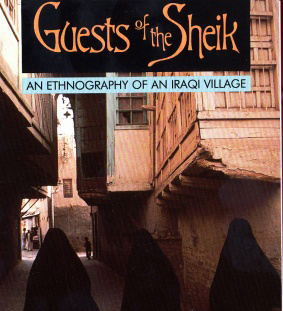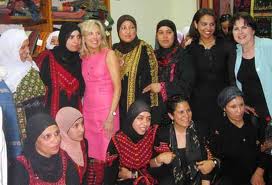Lynette Harper watches a powerful Egyptian documentary. Reprinted with permission from the Middle Eastern Dance Association newsletter, Sahda, August 2016.
Dancers is a mesmerizing film set in Cairo. But don’t expect to see the gorgeous costumes or inspiring performances that grace most films made about Egyptian belly dance. Director Celame Barge takes us deep into the lives and struggles of the working dancers of Mohammed Ali Street, revealing daily struggles and difficult choices. We follow them as they walk along crowded Cairo streets at night, down squalid corridors in markets and nightclubs. We watch them carefully applying make-up in their bedrooms, at the hairdressers, and in back rooms before they arrive on stage.
One of the first women we meet is preparing to perform. While dressing, she chats with women of the wedding party about life, work, and her husband. The women help to fix her outfit, give her a pin to secure the dress over her bra, and compliment her well-shaped breasts – before noticing that they benefit from extra padding. Two young men stop by to snap photos on their phones, and young girls hover about asking to join the dancing: “There are no women who can’t dance.” So she first dances for women, teens, and young girls in a small room before entering the large, garishly decorated wedding space packed with men. Onstage she works hard to prevent enthusiastic men from touching her or from making overtly sexual moves.





